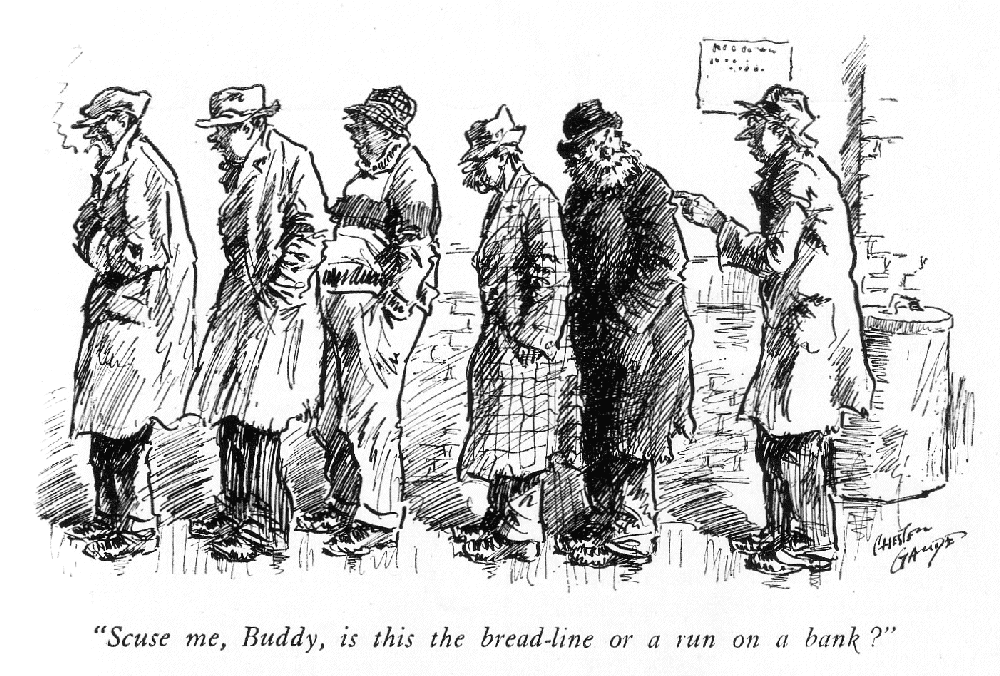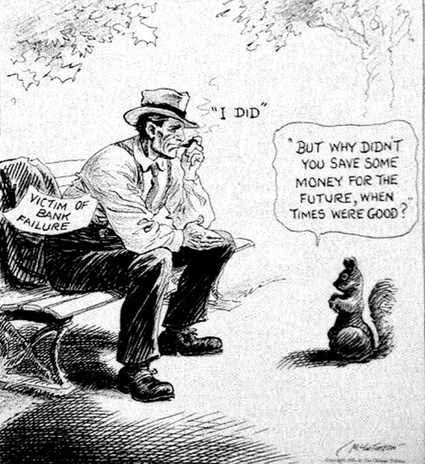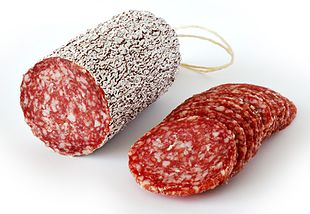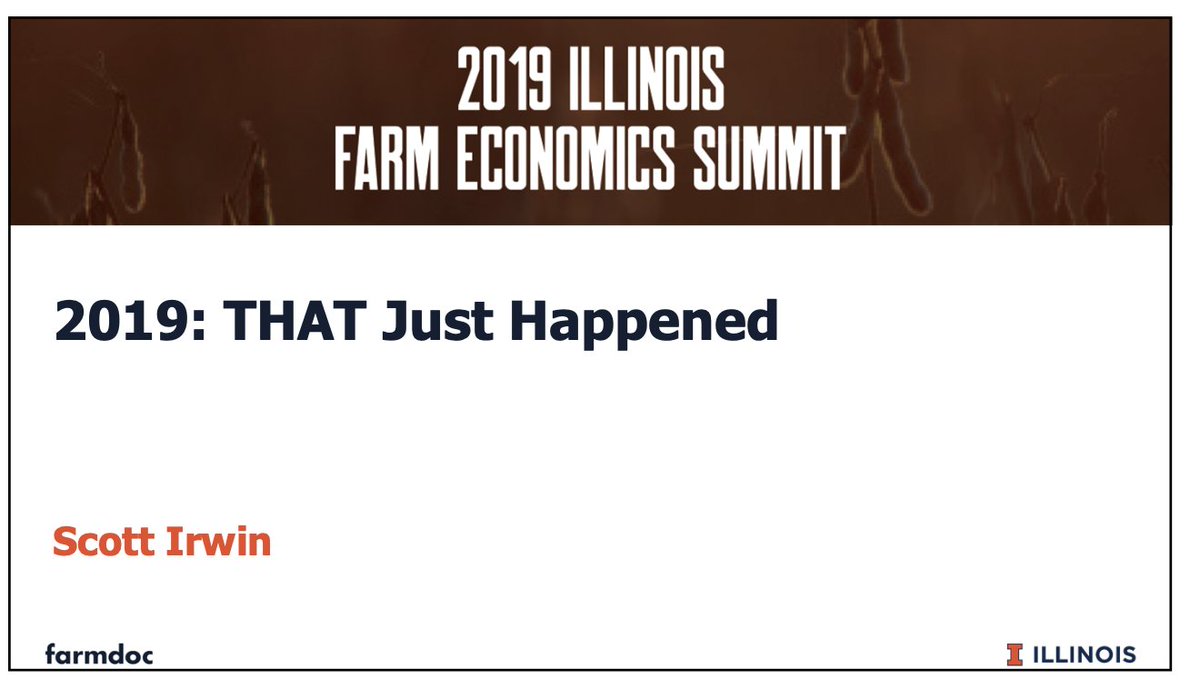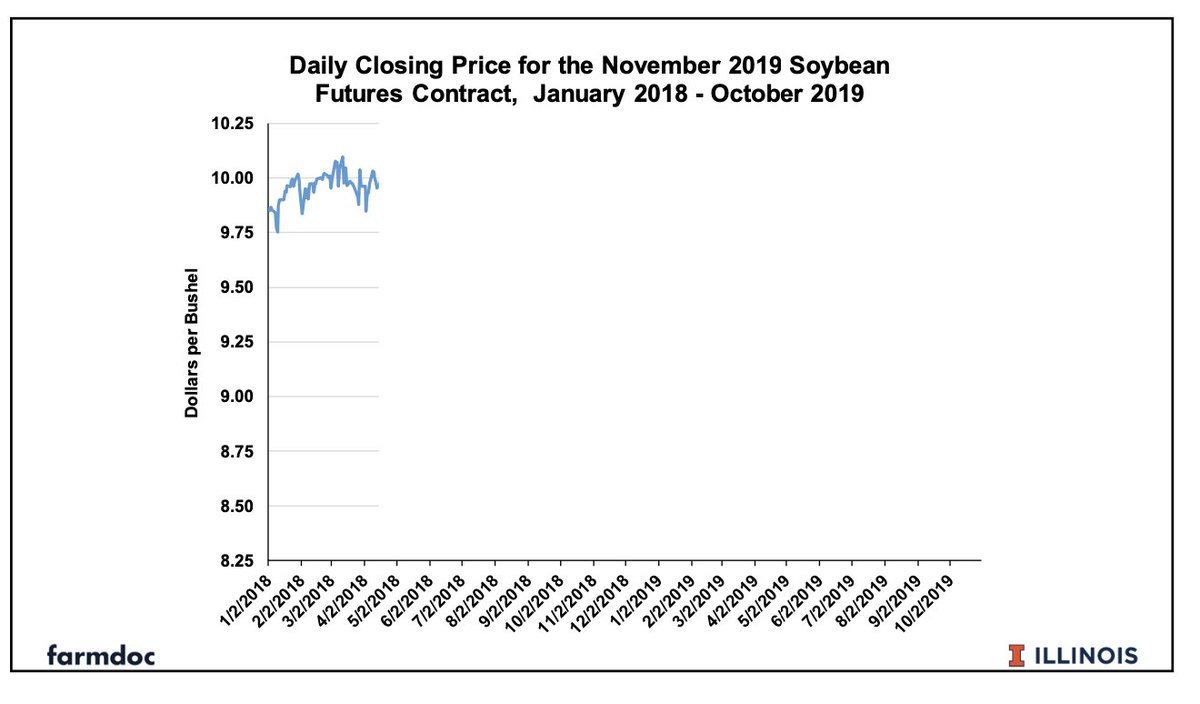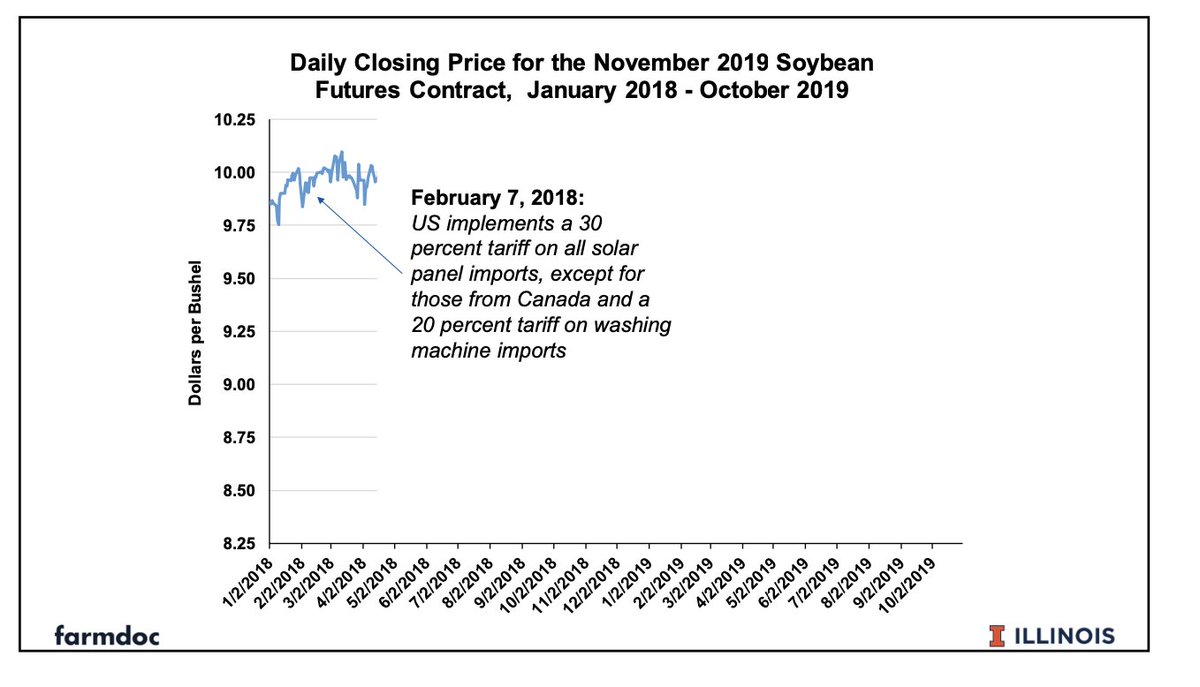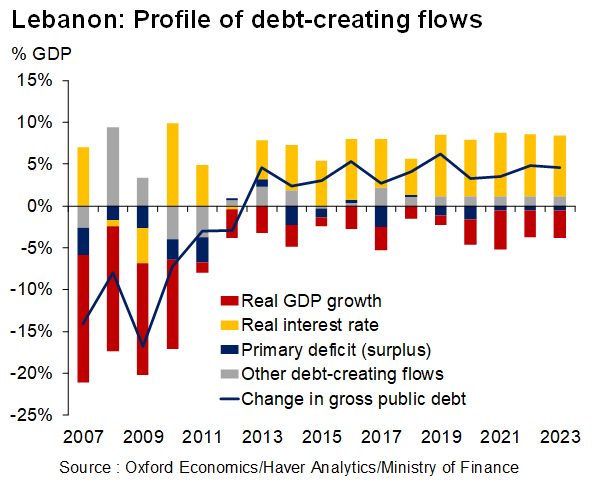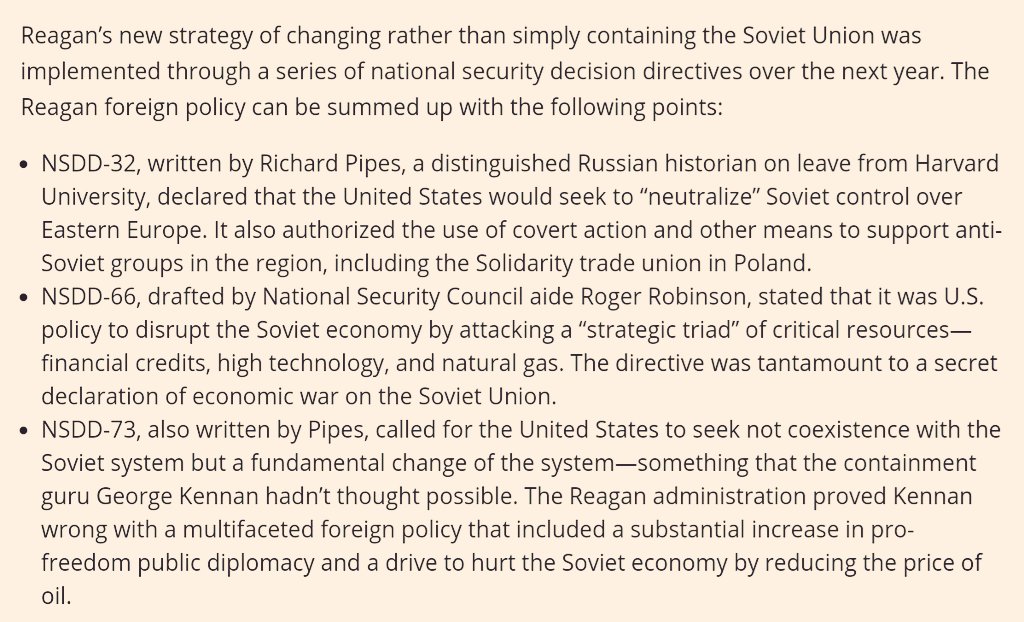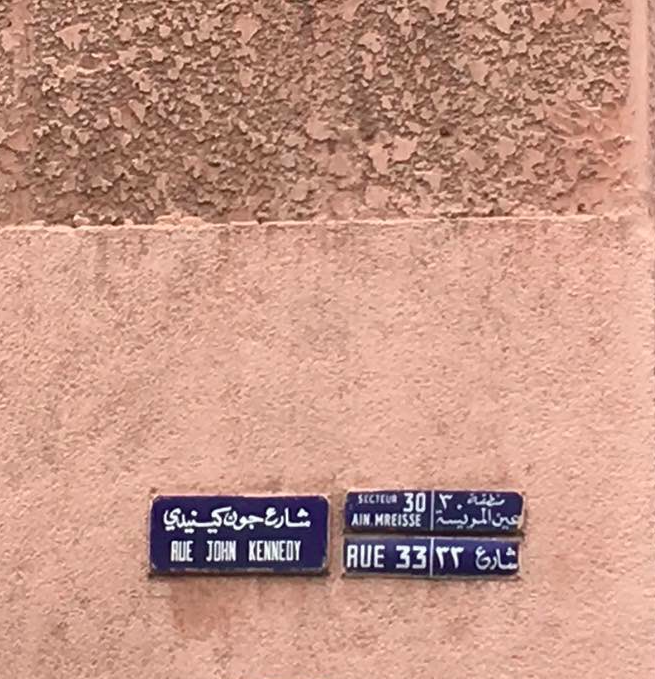
Turnings
Very much an Anglo-American centric theory, the Strauss-Howe generational thesis is nonetheless a useful framework in today’s highly connected world where the United States plays a major role in global affairs.
• There are patterns in American history that repeat themselves; these patterns take the form of 80-100 year cycles (each termed a “saeculum”), divided into four eras, or “turnings”, each lasting 20-25 years. This goes back to the 1600s.
• The first turning: a “high” is characterised by strong institutions and weak individualism. The most recent example being the 1946-1963 American high, ending with the assassination of John F. Kennedy
• The second turning: an “awakening” - institutions attacked in the name of personal and spiritual autonomy, rising individualism. Most recent example: the “consciousness revolution”, 1964-c.1980
• The third turning: an “unraveling” - institutions weak/distrusted, individualism strong and flourishing (“there is no such thing as society”, said Margaret Thatcher). Most recent example: The economic boom and culture wars, c.1980-2008
• The #FourthTurning: a “crisis” (2008-??), which we currently find ourselves in. Institutions are torn down and rebuilt in response to a perceived threat and there is a rising sense of community. The resolution of the crisis sets the stage for the next 80-100 years.
Depending on which point in the cycle you are born, in other words to which generation you belong, you might develop certain characteristics and attitudes, or “archetypes”.
The 50s and 60s were very much a Lebanese high as well (albeit not for everyone), which extended into the early 70s.
The Strauss-Howe theory predicts hard times ahead, but also a resolution. As Neil Howe puts it, fourth turnings are necessary “just like winter is necessary”…
… to “clean out the debris […] everything that’s sclerotic and ossified that no longer functions. Something which tilts the whole playing field of power and wealth from the old back to the young. […] the price we must pay for a new golden age.”
… and replaced with a viable political structure that caters to the country’s specificities. Of course a change is not helpful if it is not a “right” change.

